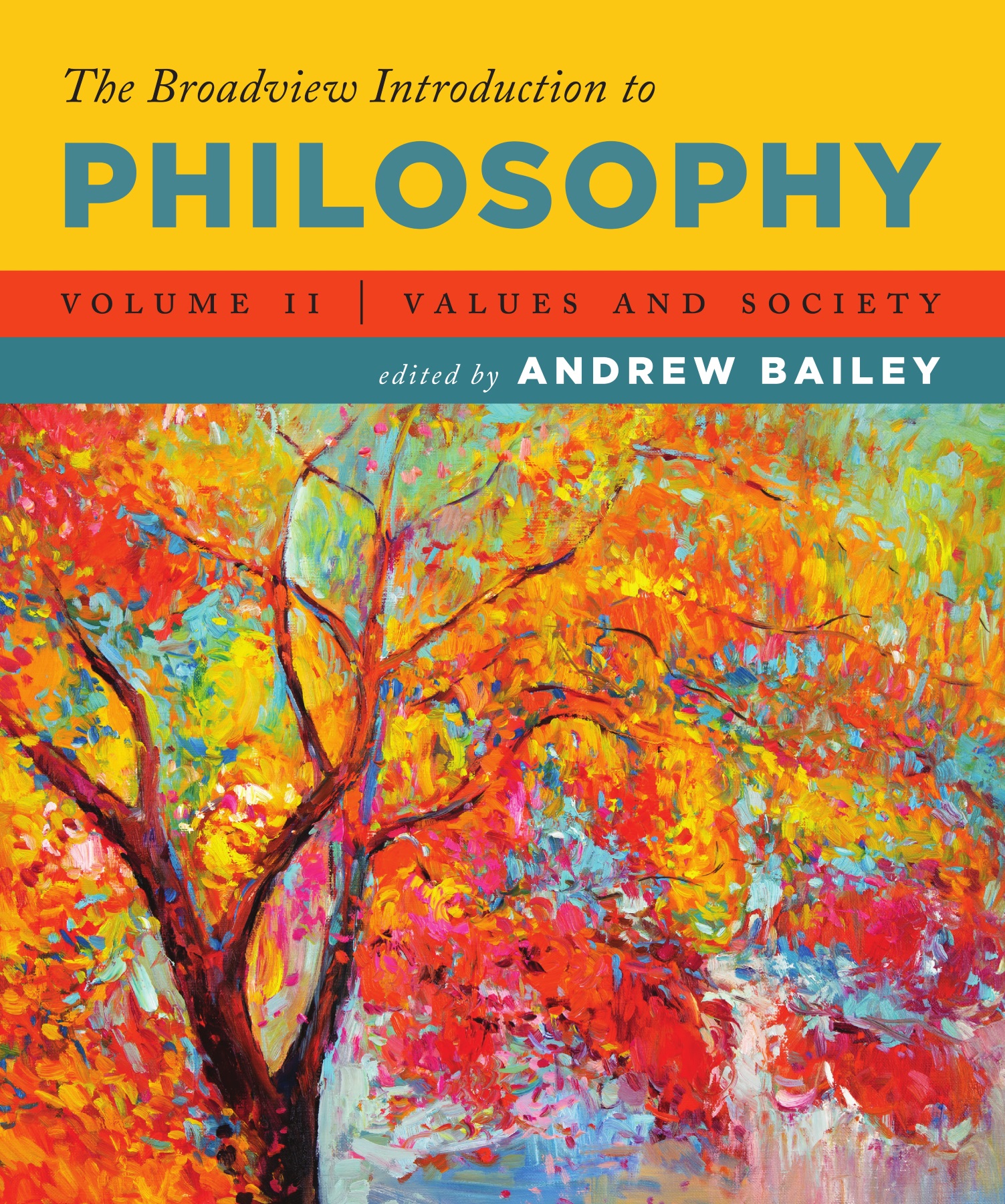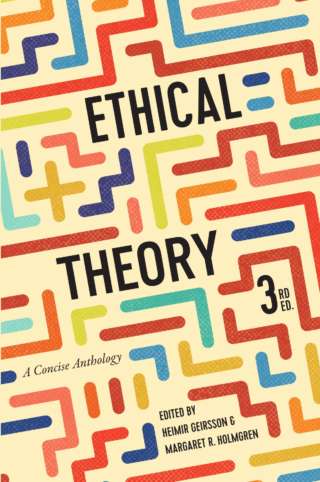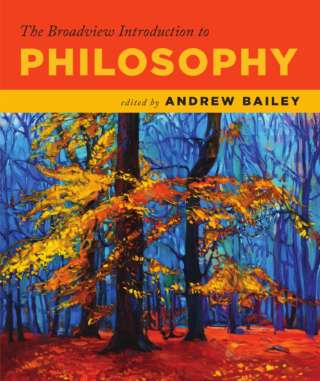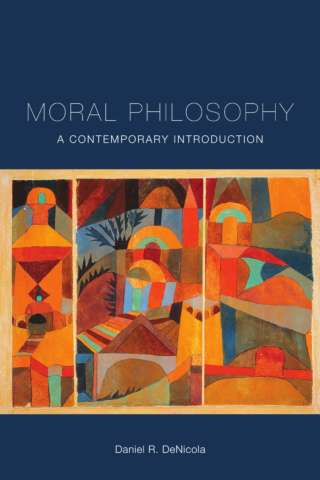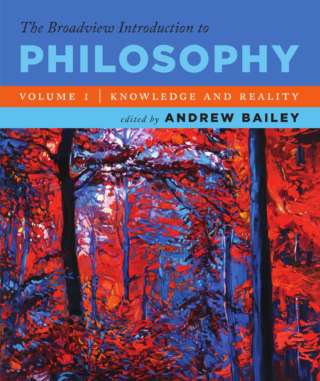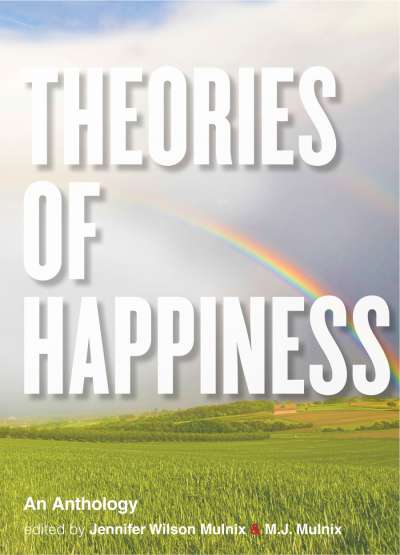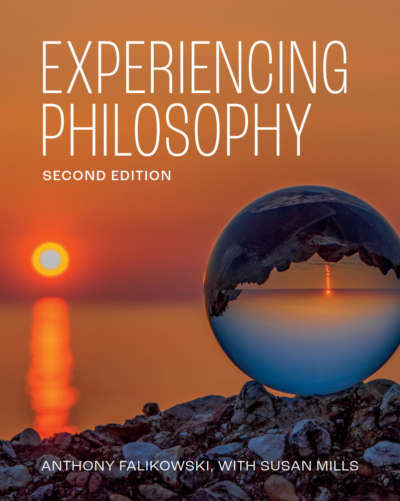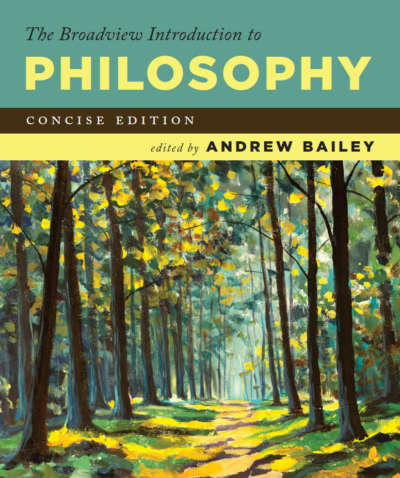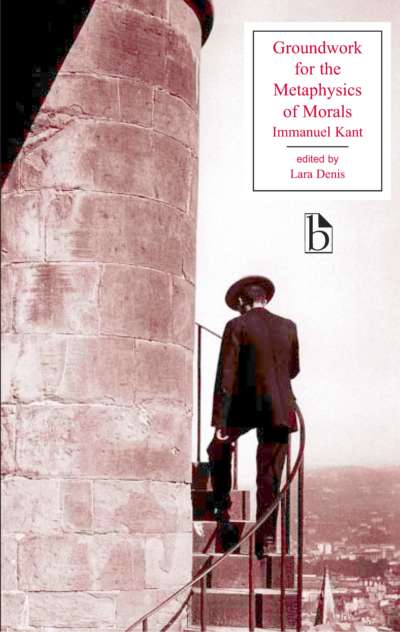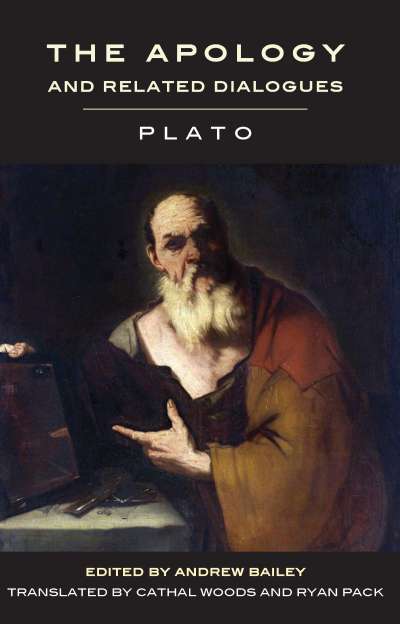This volume of The Broadview Introduction to Philosophy offers an intriguing selection of readings on ethics, social-political philosophy, and issues of life, death, and happiness. Canonical texts from historical figures such as Plato, Hobbes, and Wollstonecraft are included alongside contemporary selections from such thinkers as Claudia Card, Judith Jarvis Thomson, and Ta-Nehisi Coates. Unlike other introductory anthologies, the Broadview offers considerable apparatus to assist the student reader in understanding the texts without simply summarizing them. Each selection includes an introduction discussing the context and structure of the primary reading, as well as thorough annotations designed to clarify unfamiliar terms, references, and argument forms.
This volume is intended for use in introductory courses on ethics and social-political philosophy. A complete edition of The Broadview Introduction to Philosophy, which also includes readings on religion, epistemology, and metaphysics, is available here.
Comments
Praise for The Broadview Introduction to Philosophy
“The Broadview Introduction to Philosophy is an outstanding text for introductory philosophy courses. It contains a wonderful collection of readings. Moreover, the editor provides highly informative introductions to the readings.” — Marc Ereshefsky, University of Calgary
“The Broadview Introduction to Philosophy is a carefully curated collection of classic and contemporary philosophical texts. In this volume, Bailey attains a more equitable representation of philosophers than is typical of most introductory philosophy anthologies, and his inclusion of additional materials—useful introductions, descriptions of overall projects, and background information—makes this anthology ideal for students in today’s introductory courses.” — Andrea Sullivan-Clarke, University of Windsor
“The Broadview Introduction to Philosophy offers helpful contextualization and clarification of its readings, along with overviews of how particular arguments fit into larger discussions. But it also offers something more. Blending the ‘canon’ with the new—in terms of both the issues raised and the voices raising them—this anthology offers a compelling answer to the perennial question in introductory courses: Why should I care about philosophy? Because it matters.” — Brynn Welch, University of Alabama at Birmingham
“The Broadview Introduction to Philosophy is a very useful collection, as it initiates questions in metaphysics, epistemology, and ethics out of considerations in the philosophy of religion. This is a compelling way to help students start philosophizing.” — Scott F. Aikin, Vanderbilt University
Acknowledgments
How to Use This Book
Introduction
- What Is Philosophy?
- A Brief Introduction to Arguments
- Introductory Tips on Reading and Writing Philosophy
PART I: ETHICS
- Ethical Theory
- Plato
- from Republic and Euthyphro
- Aristotle
- Immanuel Kant
- from Foundations of the Metaphysics of Morals
- John Stuart Mill
- Friedrich Nietzsche
- from Beyond Good and Evil, Sections 259–261
- Virginia Held
- “Feminist Transformations of Moral Theory”
- Judith Jarvis Thomson
- Ethical Issues
- Abortion
- Don Marquis
- “Why Abortion Is Immoral”
- Judith Jarvis Thomson
- Immigration
- Christopher Heath Wellman
- “Immigration and Freedom of Association”
- José Jorge Mendoza
- “The Ethics of Immigration Enforcement”
- Terrorism
- Virginia Held
- Claudia Card
- Non-Human Animals
- Peter Singer
- Mary Midgley
PART II: SOCIAL-POLITICAL PHILOSOPHY
- Justice
- Aristotle
- from Nicomachean Ethics, Book V, Sections 1–5
- Thomas Hobbes
- from Leviathan, Parts I–II
- John Stuart Mill
- Karl Marx and Friedrich Engels
- from The Communist Manifesto
- John Rawls
- from Justice as Fairness: A Restatement
- Robert Nozick
- from Anarchy, State, and Utopia
- Susan Moller Okin
- Equality and Fairness
- Mary Wollstonecraft
- from A Vindication of the Rights of Woman
- Simone de Beauvoir
- from The Second Sex, Introduction
- Talia Mae Bettcher
- “Trans Women and the Meaning of ‘Woman’”
- Iris Marion Young
- “Five Faces of Oppression”
- Kwame Anthony Appiah
- “How to Decide If Races Exist”
- Ta-Nehisi Coates
- from Between the World and Me
PART III: LIFE, DEATH, AND HAPPINESS
- What Is the Meaning of Life?
- Epictetus
- A.J. Ayer
- “The Claims of Philosophy”
- Jean-Paul Sartre
- from Existentialism Is a Humanism
- Albert Camus
- from The Myth of Sisyphus
- Thomas Nagel
- Kathy Behrendt
- “Reasons to Live versus Reasons Not to Die”
Permissions Acknowledgments
Andrew Bailey is Professor of Philosophy and Associate Dean of Arts at the University of Guelph.
The Broadview Introduction to Philosophy has additional online material for both instructors and students.
Instructor Website:
An access code to this website is included with all examination and desk copies. If you received an instructor copy of the book but don’t have an access code, please contact us.
- — Multiple-choice and true/false review questions on each of the book’s readings, which can be downloaded as Word files or in a digital format that can be uploaded to many Learning Management Systems (Blackboard, Moodle, etc.).
- — Teaching notes on each the book’s readings, written by an experienced philosophy instructor.
Student Website:
Every new copy of The Broadview Introduction to Philosophy includes a passcode granting access to a companion website. If you purchased a used copy of the book and did not receive an access code, you can purchase one for a nominal cost here.
- — Self-Test Questions for each of the book’s readings, offered in an interactive format for immediate feedback.
- — A unique Argumentative Essay Builder, through which one can generate a complete essay outline by responding to a series of prompts.
- — Information on the conventions of writing in philosophy, including a list of fallacies, an annotated sample essay, and a guide to citation.
- — A collection of philosophical puzzles and paradoxes.
- — Suggestions for further reading, as well as two additional texts introduced and annotated by Andrew Bailey.
- — Web links
To read a sample from The Broadview Introduction to Philosophy click here. (Opens as a PDF.)
The Broadview Introduction to Philosophy is available as a digital courseware package on the Broadview Enhanced platform. This package combines the eBook with a set of auto-grading quizzes that integrate directly with your campus Learning Management System (LMS), such as Blackboard, D2L, or Moodle. This product is ideal for Inclusive Access and other First Day programs.
If you are interested in adopting this title as a Broadview Enhanced package, or you just want to learn more about the platform, please write to ebooks@broadviewpress.com.

